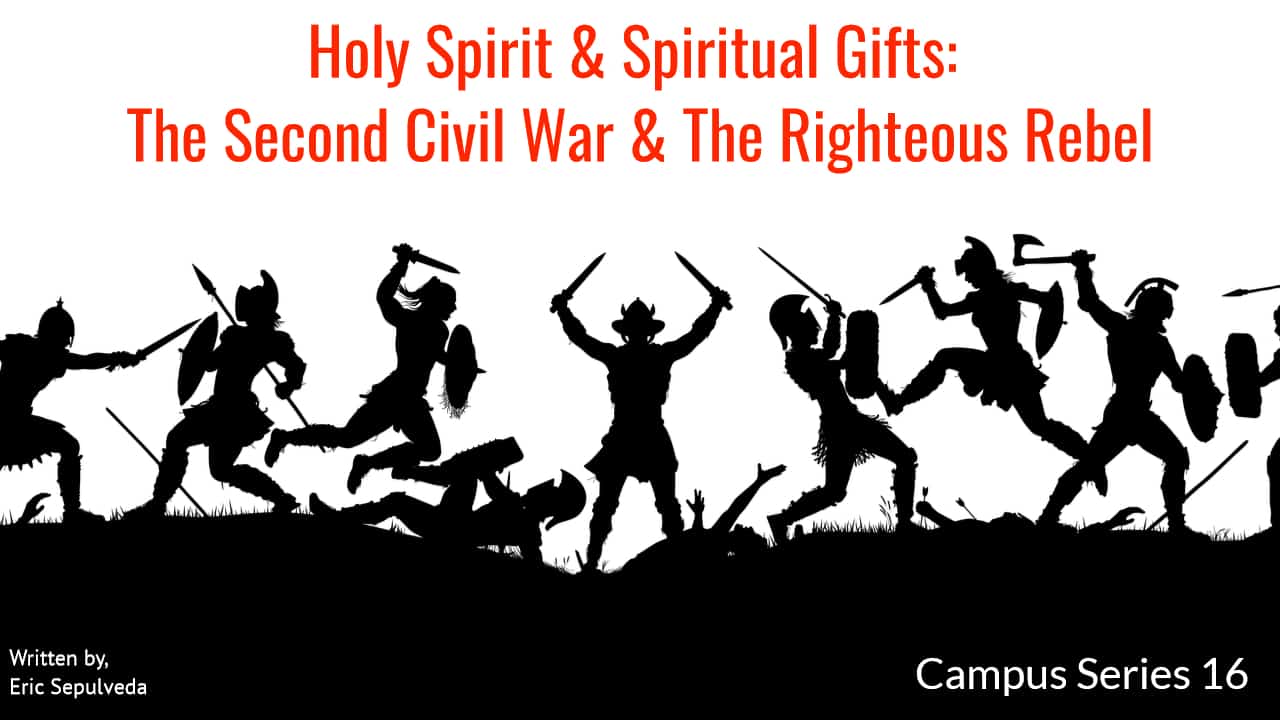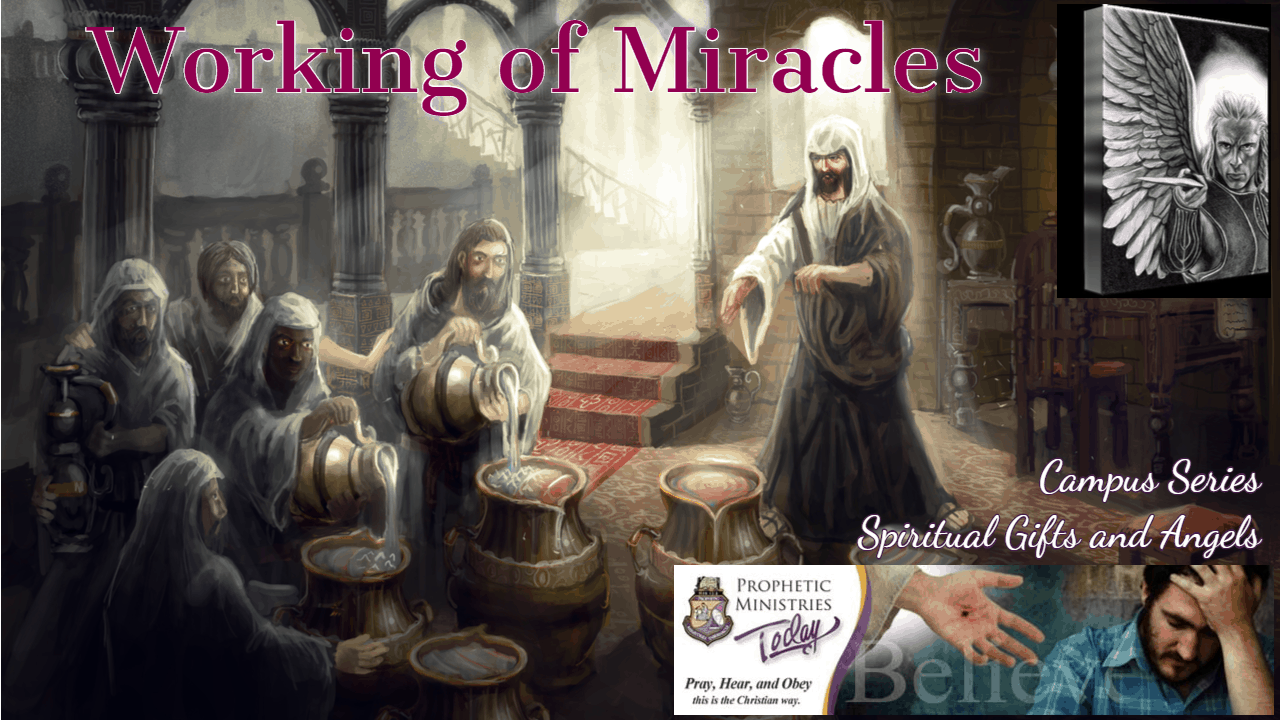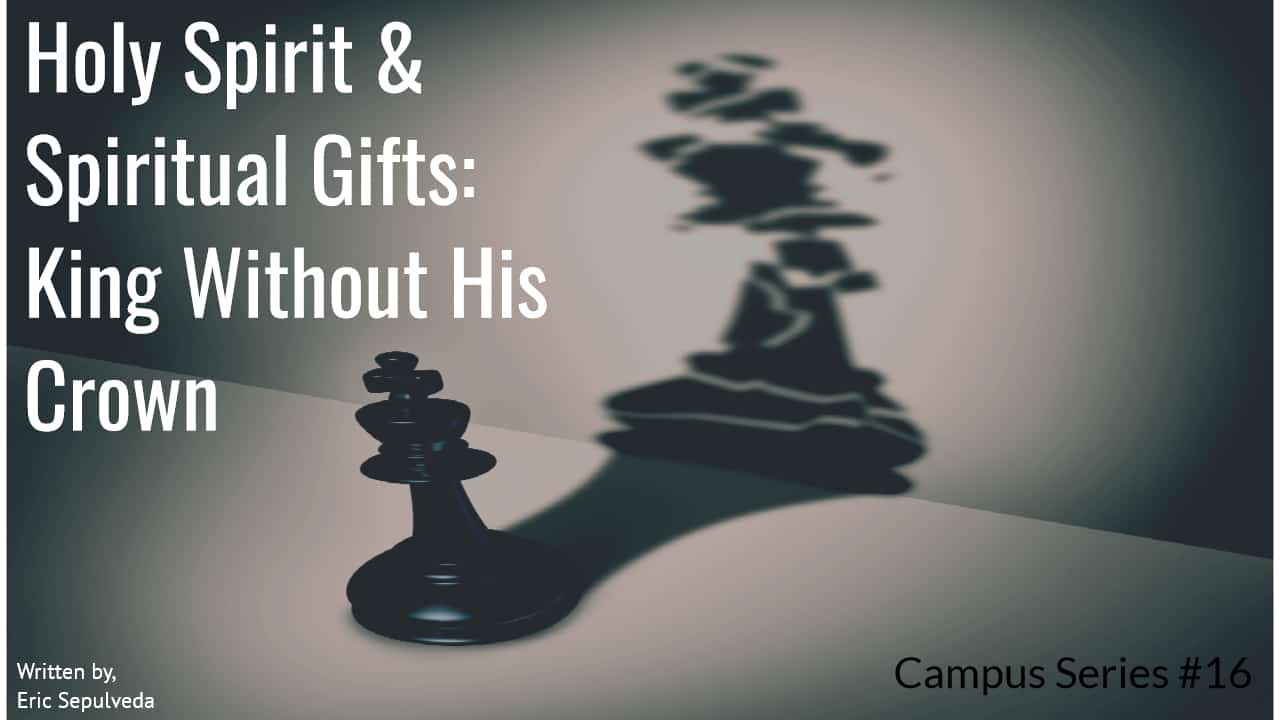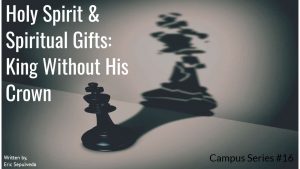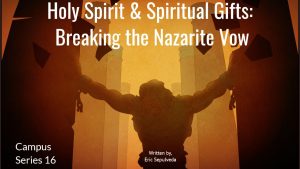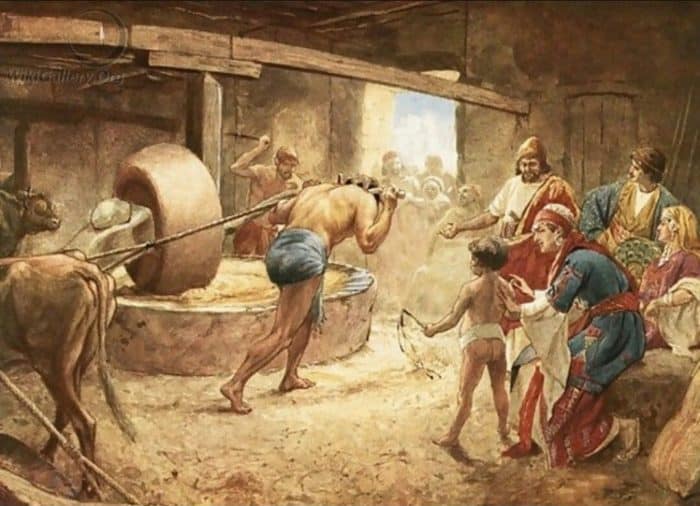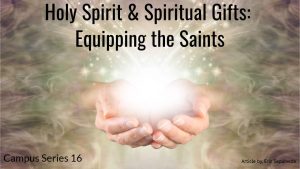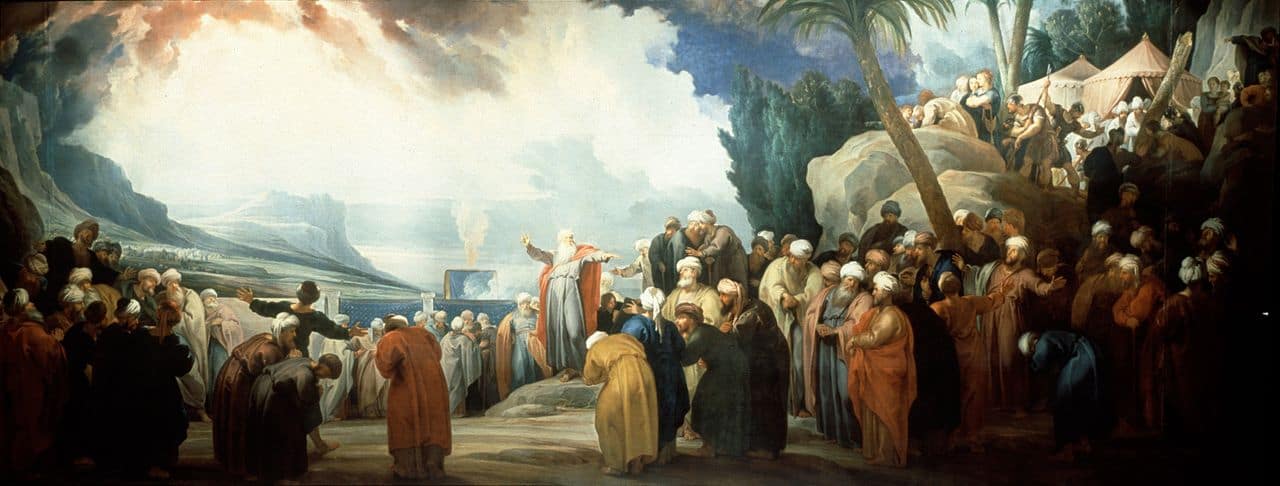Holy Spirit & Spiritual Gifts: Baptized by Water & Fire
While the impartation of the Holy Spirit was an uncommon event in the Old Testament, reserved for those fulfilling a specific role to accomplish His Will, God told His Prophets of an Age when His Spirit would come upon all Mankind.
John the Baptist had been told by God, that He would recognize the Messiah when he saw the Spirit descending and remaining upon Him. While John baptized with water, Christ would baptize with the Holy Spirit and fire (ref. Matthew 3:11; Mark 1:8; Luke 3:16; John 1: 32-33).
Nicodemus, a Pharisee and ruler of the Jews, recognized that Christ’s ability to teach and perform miracles came from God, but failed to understand what was required to enter the Kingdom of Heaven. Christ explained that it was impossible, except a man be born again through both the baptism of water and of the Holy Spirit (ref. John 3:1-6). After this confrontation with Nicodemus, Christ took His Disciples to Judea and they began baptizing.
Though the Apostles had already been baptized in water by John (ref. John 1:35-37, 3:23) and walked with Christ for years during His Ministry, it was not until after His Crucifixion and Resurrection that they had the opportunity to baptized with the Holy Spirit (ref. Acts 1:4-5). A few days after Christ’s Ascension, His Disciples were all gathered together during the required Feast of Pentecost, when suddenly there came from Heaven a violent rushing wind and they were filled with the Holy Spirit and began to speak in Tongues.
The tens of thousands of men which came from all over the known world to Jerusalem to attend Pentecost were amazed and astounded that they heard their foreign languages being spoken by the newly Spirit-filled Disciples. Peter explained that this was the fulfillment of Joel’s Prophecy (ref. Joel 2:28-29) that God would pour out His Spirit on All Flesh; that sons and daughters would begin to prophesy, old men would dream dreams, and young men would see visions, and that even the male and female slaves would also prophesy (ref. Acts 2:6-18).
When the people listening to Peter recognized that they had witnessed or been party to Christ’s torture and crucifixion, when they had all gathered in Jerusalem to observe the Passover, they were overcome with a great mourning and distress over their actions and sought to receive the Spirit of Grace and Mercy God had promised the House of David and the city of Jerusalem (ref. Zechariah 12:10). Peter explained that they must “Repent, and be baptized in the Name of Jesus Christ for the forgiveness of their sins and they would receive the Gift of the Holy Spirit”.
Though God promised that He would first pour out His Spirit and Blessing upon Jacob’s offspring (ref. Isaiah 44:1-3), which was fulfilled with the 3,000 circumcised converts at Pentecost, this baptism by Fire and the Holy Spirit was not limited to the Jews. Later, while Peter was preaching to a large group of Gentiles informing them that the Gospel would now be preached to all nations, the Holy Spirit came upon all who heard his message and they too began to speak in foreign tongues and praising the name of the Lord before being baptized by water.
Paul resounded the need for both the baptisms of water and fire/Holy Spirit when he came across some of John the Baptist’s disciples. They were only aware of the Baptism of Repentance that John taught, but Paul insisted they be baptized in the Name of Lord Jesus and when he laid his hands on them, the Holy Spirit came on them and they began to speak in tongues and prophesy.
In his letter to the Corinthians, Paul stressed the fact that just as Christ’s Spiritual Kingdom was made up of peoples of many different nations, both Jew and Gentile, members of the Body of Christ would also operate in many different giftings as well. But it was by one Spirit that they were all baptized when they received their spiritual gifts and from this same Spirit they all drank of.
This baptism by both water and fire not only ensures our Eternal Life in Heaven, but also bestows us with at least one spiritual gift to develop and use during our physical time on Earth.
Prepared by, Kent Simpson, Apostolic Prophet & Eric Sepulveda, PMT Administrator



